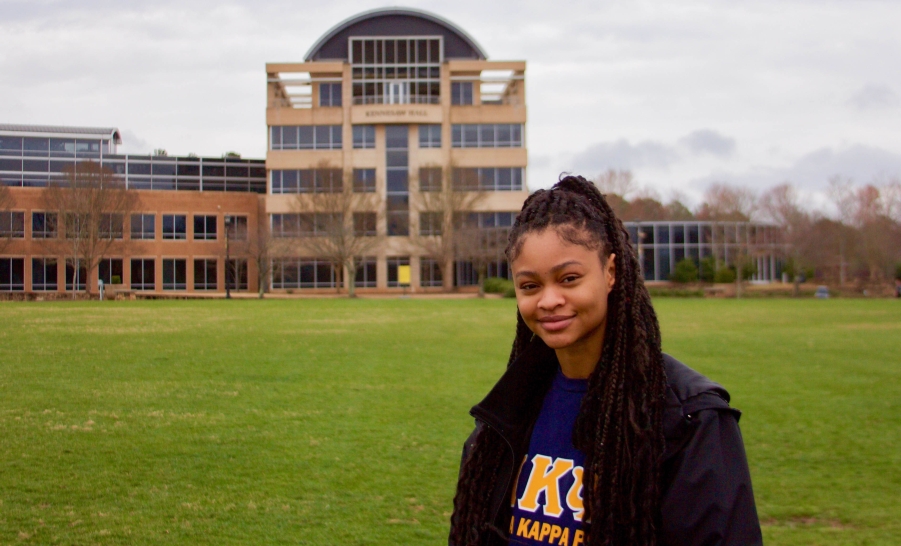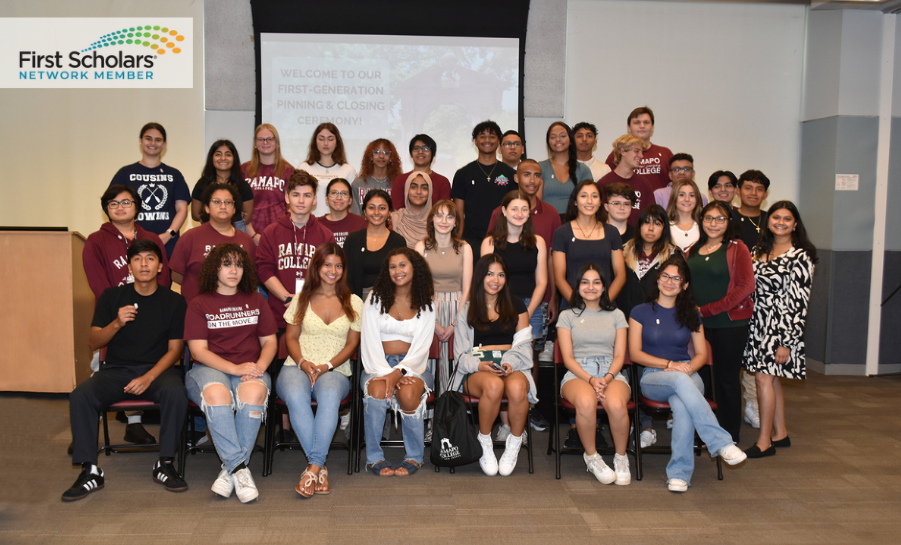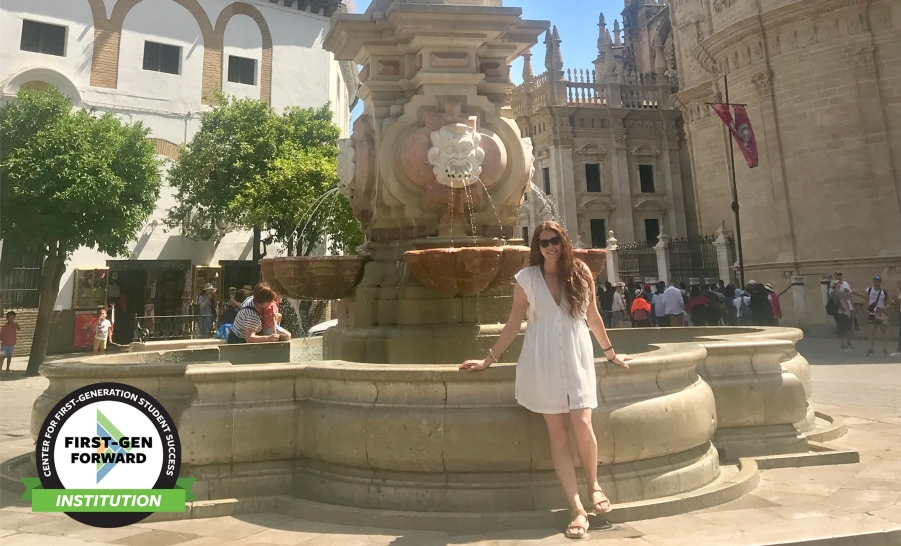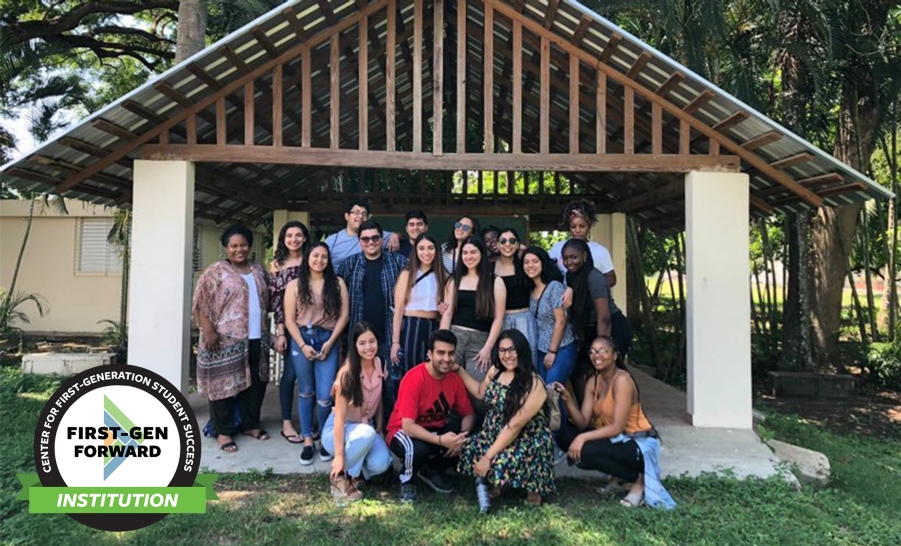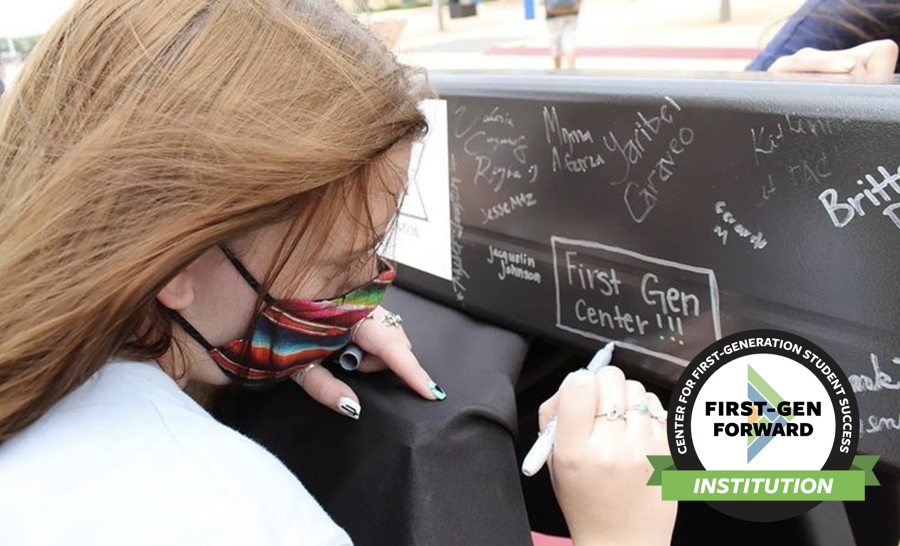Finding Success in the Challenges
Alex Johnston M.Ed., University of Virginia / The Center / April 24, 2020
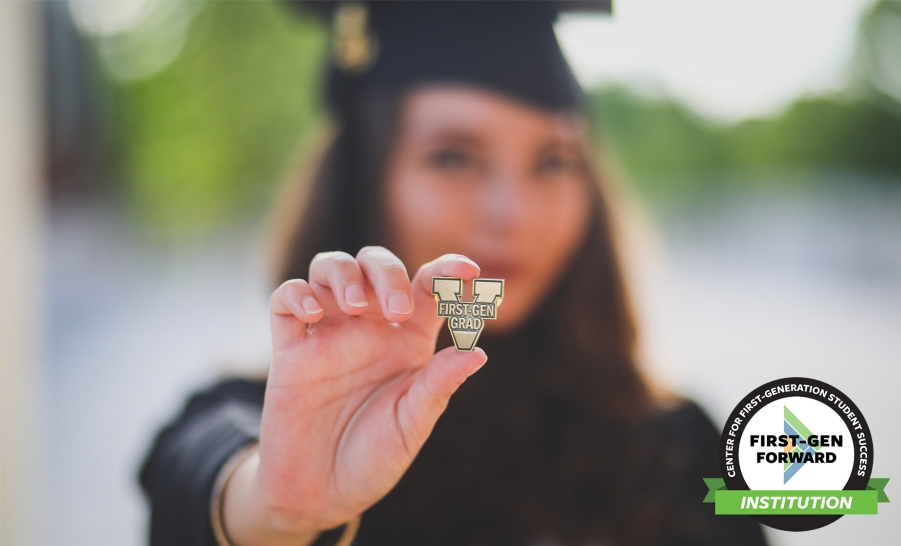
The University of Virginia (UVA) is delighted by its designation as a First-gen Forward institution. The formal recognition has been a positive step forward in our journey toward better supporting the 12% of our undergraduate students who identify as first-generation. Our work thus far has occurred within a unique context that has informed our approach to supporting this population.
UVA’s support team for first-generation students also serves low-income and military-affiliated/veteran student populations. Specifically, our team within the UVA’s Office of the Dean of Students works to advocate for, promote a sense of belonging within, and build community across all of these student populations. Serving students of various identities that sometimes intersect presents its own set of challenges.
We often ask ourselves:
-
How do we distinguish the distinct needs of first-generation students from those of low-income and military-affiliated/veteran students?
-
How, if at all, do the needs of these unique student populations overlap?
-
How do we program for both the overlapping and individual needs of student populations?
As we grappled with these questions, we realized that shifting from siloed student support across the University to a more integrative approach was critical.
To this end, we:
-
Expanded our leadership team: Our First-gen Forward leadership team recruited representatives from the first-generation, low-income, and military-affiliated/veteran student support leadership team within the Office of the Dean of Students as well as representatives from the Office of the Provost.
-
Created a pan-university committee: A committee was created to incorporate the perspectives of other stakeholders doing good work to support first-generation, low-income, and military-affiliated/veteran students. The pan-university committee now consists primarily of student affairs representatives from offices and schools across the University as well as key strategic partners within University Athletics, the University Libraries, and Financial Aid.
-
Invested in Website development: We are developing a website to centralize information for first-generation, low-income, and military-affiliated/veteran students. The website will feature leadership team introductions, details on student support programming, emergency aid resources, and other pertinent information for these student populations.
The ability to create community among first-generation, low-income, and military-affiliated/veteran students is integral to helping students feel like they belong in and can contribute to the University community.
While building a more collaborative student support network, we have also developed strategies to work within UVA’s model of student self-governance, a key component of the University’s educational philosophy. At its core, student self-governance entails fostering collaborations with students, in which University administrators vest them with the authority to create, implement, and change policies and practices that regulate the community in which they live. We have had the unique opportunity to leverage this level of student responsibility and work alongside students to create meaningful partnerships.
Student and staff partnerships at UVA entail:
-
Monthly meetings between the leadership team in the Office of the Dean of Students and student leaders in first-generation and low-income-centered organizations
-
Student internship opportunities within the Office of the Dean of Students
-
Collaboration with student organizations that are dedicated to supporting the first-generation, low-income, and/or military-affiliated/veteran student community
We value the opportunity to work closely with students who are given and expect ownership of their student experience. We recognize that the size of our undergraduate population may be daunting to students, especially those often at the periphery of student experiences as first-generation, low-income, and/or military-affiliated/veteran students. Therefore, we do our best to create opportunities that make our big university feel smaller; that is, we strive to create community in as many ways as we can. The ability to create community among first-generation, low-income, and military-affiliated/veteran students is integral to helping students feel like they belong in and can contribute to the University community.
We offer:
-
One-on-one meetings with students, including emotional and academic support for students having difficulty during their time at UVA
-
Targeted e-newsletters with information pertinent to our first-generation and low-income communities
-
Student programming targeting first-generation and low-income students, including a first-year welcome reception, alumni networking events, comprehensive financial literacy programs, and panels on topics including housing, study abroad, and undergraduate research
-
Faculty and staff engagement opportunities
As we do our best to build community within and across these populations, we have often thought about our efforts in the context of promoting belonging. If we can help students within these populations feel more connected to the UVA community, perhaps they will feel more like they belong and be more successful at the University. We quickly realized that this approach places the burden of finding community and promoting a sense of belonging on the students who feel most out of place, and we find it shameful that the onus of promoting belonging fell on those who already felt excluded.
To identify strategies for remedying this situation, we have begun to ask:
-
How can we shift the culture of the University to foster a sense of belonging in students from marginalized groups?
-
How do we change the context, the environment, the overall feel of the UVA community?
-
How do we become a place where first-generation, low-income, and/or military-affiliated/veteran students feel as though they are vital contributors to our community?
Other institutions have no doubt grappled with these questions, and we would welcome insights, examples, and success stories!
Additional contributors: Josipa Roksa, Ph.D.; Katie Densberger, Ph.D.; Tabitha Enoch, M.S.; & Shaka J. Sydnor, M.A.
Photo Credit: Jannatul Pramanik, Program Coordinator with Multicultural Student Services
